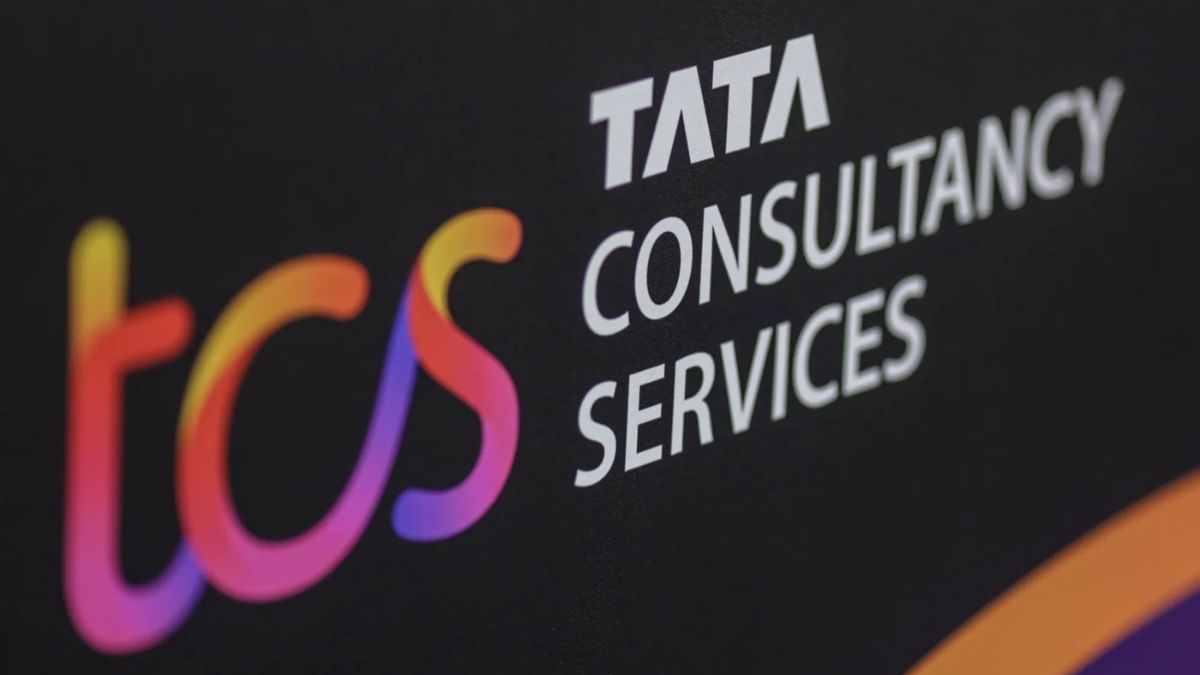India’s IT industry is cutting jobs as it faces growing pressure from global market changes and the rise of artificial intelligence (AI). Tata Consultancy Services (TCS), the country’s largest private employer, announced last month that it will lay off more than 12,000 employees, mainly from middle and senior management.
TCS said the cuts are due to “limited deployment opportunities and skill mismatch,” not directly because of AI. However, experts believe AI is playing a larger role behind the scenes, as it starts to automate routine work and change job requirements in the tech sector.
For years, India’s IT companies have relied on large teams of skilled workers to serve global clients. But now, as clients demand more innovation and as AI tools improve, that model is being challenged.
“The adoption of AI is a major challenge,” said Sonal Varma, chief economist at Nomura. “Routine jobs are being displaced, and mid-level jobs are transforming.”
India’s IT industry directly employs over 5 million people and makes up around 7.5% of the country’s GDP. The sector is a key destination for India’s 1.5 million engineering graduates each year. Any slowdown could affect job creation across the wider economy.
Recent reports show slow growth for major IT companies like TCS, Infosys, and Wipro. While some of this is due to reduced spending by U.S. clients, AI is expected to bring lasting changes.
India’s government is trying to promote job growth in manufacturing areas like electronics, textiles, and toys. But unemployment remains a concern. Urban joblessness rose to 7.1% in June, and youth unemployment climbed to nearly 19%.
Experts say India must focus on upskilling its workforce. Programs backed by Google.org and the Asian Development Bank show that 1 in 5 young adults have joined AI training courses. Still, more needs to be done.
“AI will replace some jobs but also transform others,” said Varma. “Skilling is key.”
Not all companies are cutting back. Infosys, for example, hired 17,000 people last quarter and plans to recruit 20,000 more this year. But industry experts warn this may not reflect the wider trend.
Nasscom, India’s top IT industry group, has said “workforce rationalization” will continue in the short term as AI and automation reshape the way services are delivered.
If India’s economy cannot adapt, it could lead to lasting job losses and weaker consumption in cities, said economists. The bigger concern is that India might fall into a “middle-income trap,” where growth slows before the country becomes truly developed.











